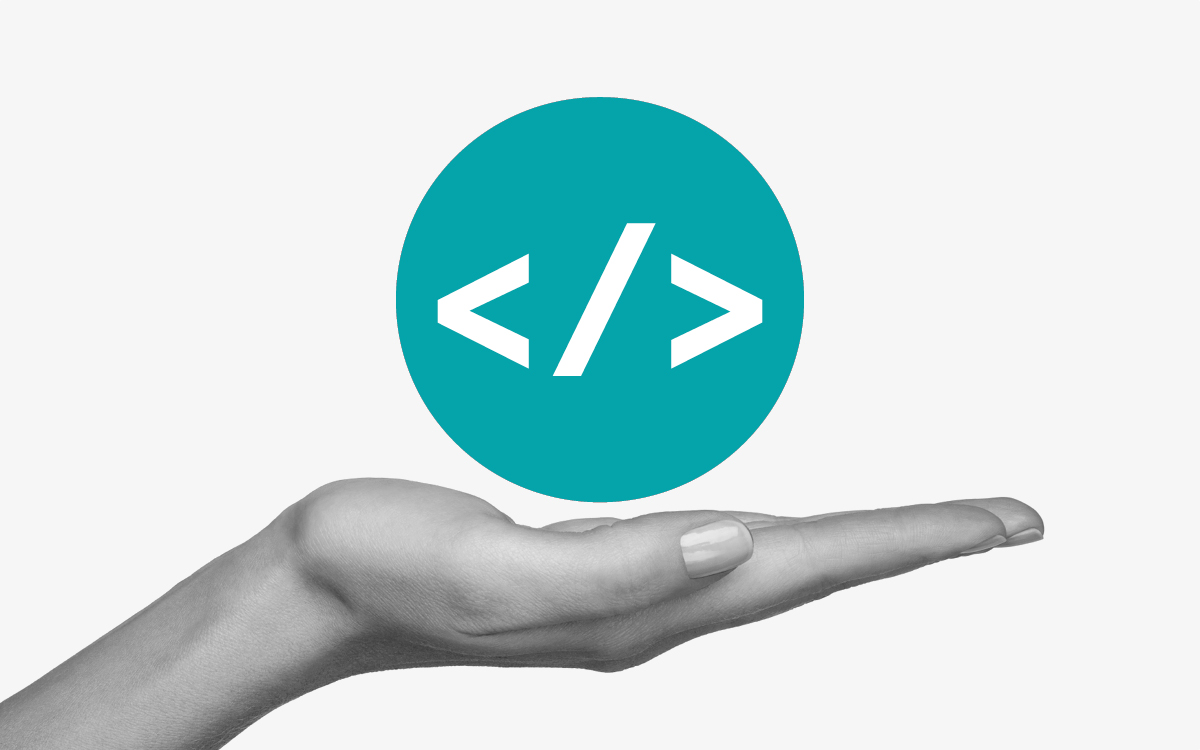Hypertext Markup Language, or HTML, is a programming language used to describe the structure of information on a webpage. Together, HTML, CSS, and JavaScript make up the essential building blocks of websites worldwide, with CSS controlling a page’s appearance and JavaScript programming its functionality.
Why Is HTML Important?
You can think of HTML development as providing the bones of a webpage, while CSS provides the skin, and JavaScript provides the brains. A webpage can contain headings, paragraphs, images, videos, and many other types of data. Front-end developers use the HTML element to specify what kind of information each item on a webpage contains — for instance, the “p” HTML element indicates a paragraph. Developers also write HTML language code to specify how different items relate to one another in the page’s overall structure or document structure.
Every website you open in your web browser, from social networks to music services, uses HTML. A look under the hood of any website would reveal a basic HTML code page, written with an HTML structure editor, providing structure for all the page’s components, including its header element, footer element, main content, and other inline elements.

How HTML Works in a Webpage
The HTML file plays a couple of significant roles in a webpage. First, we use the structure created by our HTML code to reference, enhance, and manipulate elements on a web page using CSS and JavaScript. For instance, you could use HTML to mark all of the headings on a web browser page, then pick the size and color you want to apply to those headings to reflect your organization’s branding, or simply a visual design developed for the site.
Second, HTML text lets us indicate the roles of different structural elements to search engines and other services that index the content and summarize it for other users. For instance, marking the caption of an image with the “figcaption” element and enclosing the image and its caption in the “figure” meta element helps a search engine understand that these two pieces of content are related and that the caption describes the associated image.
Learning HTML at General Assembly
Whether you want to land a job as a front-end or full-stack web developer or just want to dip your toe into programming, HTML is a natural place to start. Learning HTML, along with CSS and basic JavaScript, provides you with the fundamental skills necessary to create your interactive single-page website.
In GA’s part-time courses in Front-End Web Development and HTML, CSS & Web Design, and our career-changing, full-time Web Development Immersive program, you’ll get hands-on practice coding your projects, from static personal and business websites to single-page applications like games and interactive photo galleries.
These projects give you practice using basic HTML tags and structuring pages with different components, including headers, footers, sidebars, and navigation. You’ll also code CSS and JavaScript and learn how to put all three together to build websites that implement modern standards and use best practices for front-end development.
LEARN MORE ABOUT OUR FEWD OFFERINGS
Meet Our Expert
Sasha Vodnik is a front-end web developer and author who teaches Front-End Web Development and JavaScript Development at General Assembly’s San Francisco campus. He also writes books on HTML, CSS, and JavaScript and creates video courses through Lynda.com.

“I love meeting students from a wide variety of industries, with a whole spectrum of goals, from all over the world. I’m continually inspired by the thoughtful, creative projects they build in the course that showcase their new skills and unique vision.”
– Sasha Vodnik, Front-End Web Development Instructor, General Assembly San Francisco
